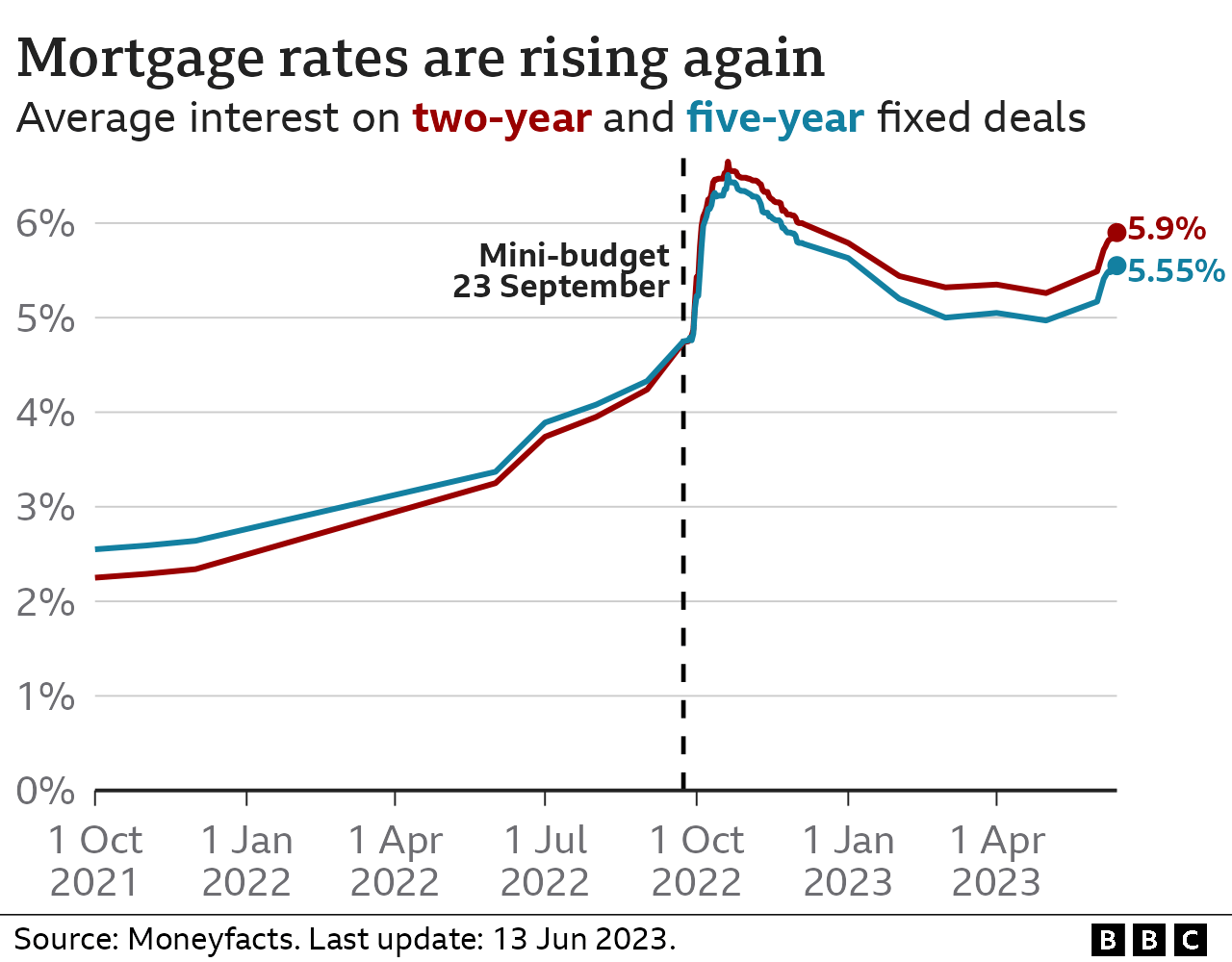The Impact of Stamp Duty Changes in the UK Housing Market

Introduction
Stamp duty has long been a significant concern for home buyers in the United Kingdom, serving as a tax levied on property transactions. Recent changes in stamp duty regulations have sparked widespread discussion about their implications for the housing market, affordability for first-time buyers, and overall economic recovery following the pandemic.
Recent Changes to Stamp Duty
In September 2022, the UK government announced a series of measures aimed at stimulating the housing market, including temporary adjustments to stamp duty rates. The threshold at which stamp duty is payable was raised, meaning that home buyers are required to pay the tax only on properties purchased above £250,000, up from £125,000. For first-time buyers, this threshold remains at £425,000.
These changes have been met with mixed reactions. Proponents argue that increasing the threshold will help alleviate some of the financial pressures faced by first-time buyers, while critics warn that it may also inflate property prices further, making it even harder for young people to enter the housing market.
Current Housing Market Overview
As of early 2023, the housing market in the UK has shown signs of adjustment in response to these stamp duty alterations and the country’s economic environment. Despite a slight increase in mortgage rates, the gradual drop in house prices is helping to create a more balanced market. The Royal Institution of Chartered Surveyors (RICS) reported a less competitive scenario, with fewer bidding wars, pointing towards a softening of the previously heated market.
However, there remains a level of uncertainty among buyers and sellers alike, driven by economic factors such as inflation and the cost of living crisis. Many potential home buyers are waiting to see how these external conditions will impact their purchasing power before committing to a property.
Conclusion
The recent changes in stamp duty reflect the government’s intention to stimulate the housing market while considering the struggles of first-time buyers. As the economic landscape evolves, continued assessments of the effects of these policies will be crucial. For readers, understanding these changes and their implications will be key to navigating the complex world of property transactions in the UK. Given the uncertain economic climate, homeowners and buyers alike will need to stay informed about market conditions and potential future adjustments in stamp duty regulations.


